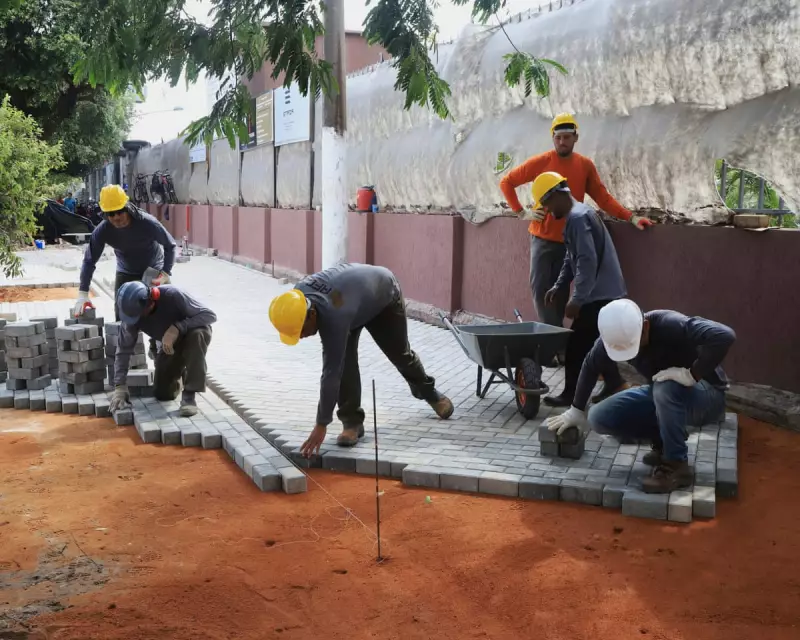
Residents of the Brazilian city of Belém are facing forced evictions from their homes in a controversial move to accommodate wealthy attendees of the upcoming COP30 climate summit, an investigation by The Guardian has revealed.
The historic Amazonian port city, chosen to host the prestigious United Nations climate conference in 2025, is undergoing rapid transformations that are displacing local communities to make way for luxury short-term rental properties.
'Climate Justice Hypocrisy'
Community leaders have described the situation as "climate justice hypocrisy," where an event intended to address global environmental inequality is itself creating local housing crises. Many families who have lived in central Belém for generations are now receiving eviction notices with minimal compensation.
"They're throwing us out to make room for foreigners who will stay for two weeks," said Maria Silva, a lifelong resident of the affected neighbourhood. "Our homes are being converted into expensive Airbnbs that we could never afford."
Preparation for International Delegates
Local authorities claim the urban renewal is necessary to accommodate the expected influx of diplomats, politicians, and climate activists attending COP30. The summit is anticipated to bring over 30,000 visitors to the city, overwhelming its current accommodation capacity.
However, critics argue the preparations are prioritising luxury accommodations over the needs of local residents. Property developers are reportedly buying up entire buildings in strategic locations, evicting current tenants, and renovating properties for short-term rental at premium prices.
Economic Displacement Concerns
The situation highlights the growing tension between global climate initiatives and local community rights. Housing advocates warn that the pattern seen in other cities hosting major international events is repeating in Belém, with long-term residents being priced out of their own neighbourhoods.
"What message does this send about climate justice?" asked environmental activist Carlos Mendes. "We cannot solve global inequality by creating local displacement. The very communities most affected by climate change are being removed to make way for those discussing solutions."
The evictions have sparked protests and calls for intervention from both Brazilian federal authorities and United Nations climate officials, who face increasing pressure to ensure the summit practices what it preaches about sustainable development and social equity.





